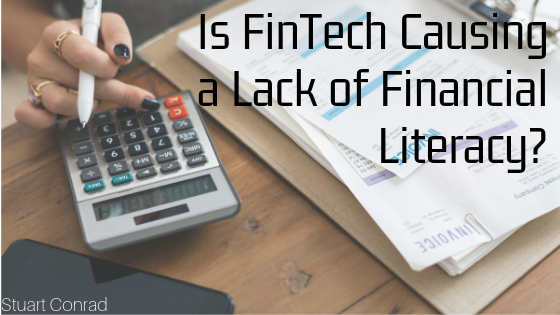Financial literacy is a term that gets mentioned rather frequently. Some people question whether financial literacy courses should be mandatory in high schools, while others question whether or not there is even a need for financial literacy. The very fact that people have these questions is probably an indication that there is a need for greater financial literacy across the population. Financial literacy is a crucial skill for young adults entering independence, and yes, there is absolutely a need for financial smarts. While a mobile banking service can alert you of a low balance through a text message, they can not instill the principles needed to avoid a low balance in the first place.
While mobile banking options and automatic payments make it seem less important to record every transaction and reconcile your checkbook monthly, the benefits of those processes are no less important. Today’s young adults may not even know what a checkbook is now that they have mobile banking, but the underlying responsibility with their finances and budgeting are no less important. Despite the rise of automated banking practices and bill payments, it is not these services fault that there is a lack of overall financial knowledge. These services exist to help us manage the money that we have. But they are not here to tell us what is wise and unwise when it comes to the the underlying issue of how to spend our money.
There are many that say the rise of Robo-Advisors and chatbots make it unnecessary to even have a modest breadth of financial knowledge. While I believe that these services are an advantage to people and a great source of convenience and simplicity, they do not negate the need for financial literacy.
It is important to point out that not all poor financial decisions are a result of financial illiteracy. Many intelligent and well informed people exercise poor judgement and make wrong decisions. It is also common for people to understand the basic principles behind a subject and not be able to apply it wisely. Financial wisdom and financial literacy are not always synonymous.
While traditional forms of financial education may not be the best route, I do not believe that the rise of fintech software leads to the need for no financial education at all. As we continue down this path of automated programs, maybe the best route is to update the way we teach people about money. Instead of focusing on the nuances of balancing a checkbook, we should be focusing on the tenants of using credit wisely, understanding interest and budgeting.
Technology is not causing a lack of financial literacy. People believing that this technology means that they do not need financial literacy is dampening the motivation to pursue financial knowledge.

